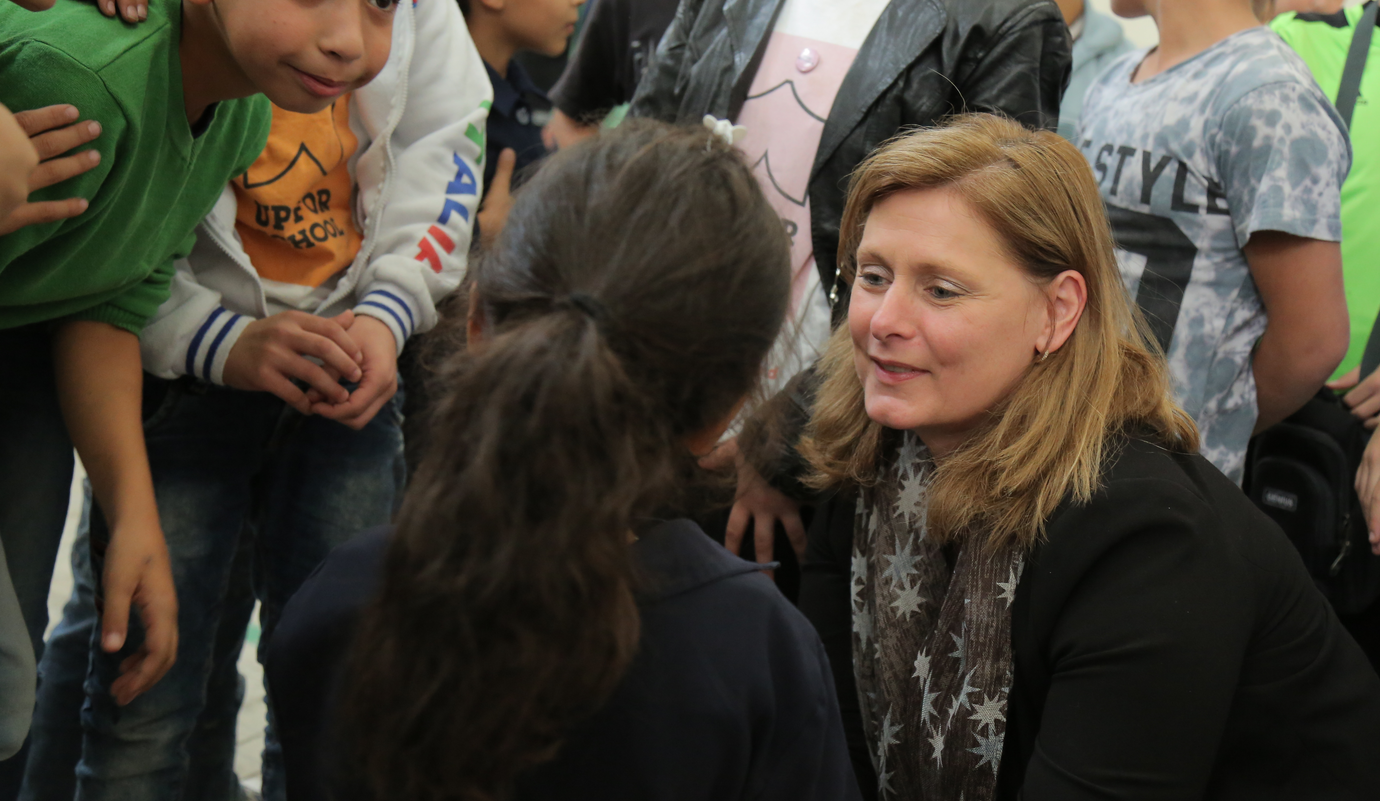
UNICEF calls for more investment to educate the most marginalised children
Education funding
An extra 619 million children will have to be enrolled into school by 2030 – a rise of 57% on today’s figures – if the world is to achieve universal education.
That is the huge increase needed because of the growing school-age population, according to a new report by the United Nations children’s agency UNICEF
And that is just one of many gloomy findings in The Investment Case for Education and Equity. In the report, UNICEF says governments, donors and the private sector must invest more and invest wisely in global education. It calls on governments to prioritise the needs of the most marginalised children – the poor, girls, ethnic and linguistic minorities, children with disabilities and those living in conflict zones.
It also highlights the diminishing public resources for education. There is an annual funding gap of $26 billion for the provision of universal basic education in 46 low-income countries,
Yoka Brandt, UNICEF Deputy Executive Director, said: “There are approximately one billion primary and lower-secondary school-aged children in the world today. That’s one billion reasons for investing in education.
Students reading their books at school in Rangamati, Bangladesh Picture: UNICEF/Mawa
“Too many of these children do not receive quality education because of poverty, conflict, and discrimination due to gender, disability and ethnicity. To change this we need to radically revise current practices by providing more resources and allocating them more equitably.”
The report, the first in a series UNICEF is releasing this year with support from the Bill and Melinda Gates Foundation, reveals that in many countries significantly less public resources are used to educate children in the poorest 20% of society than their counterparts in the most affluent 20%. This difference can be as much as 18 times.
It also reveals that many children currently attending classes are not actually learning. Data shows that 130 million children who reach Grade 4 do not master the basics of reading and arithmetic.
Mr Brandt added: “We have known for a long time that education can break the cycle of persistent poverty and disadvantage for children, families and countries. But to do this, governments and the private sector need to not only invest more, but also invest more wisely in education.”
More news

